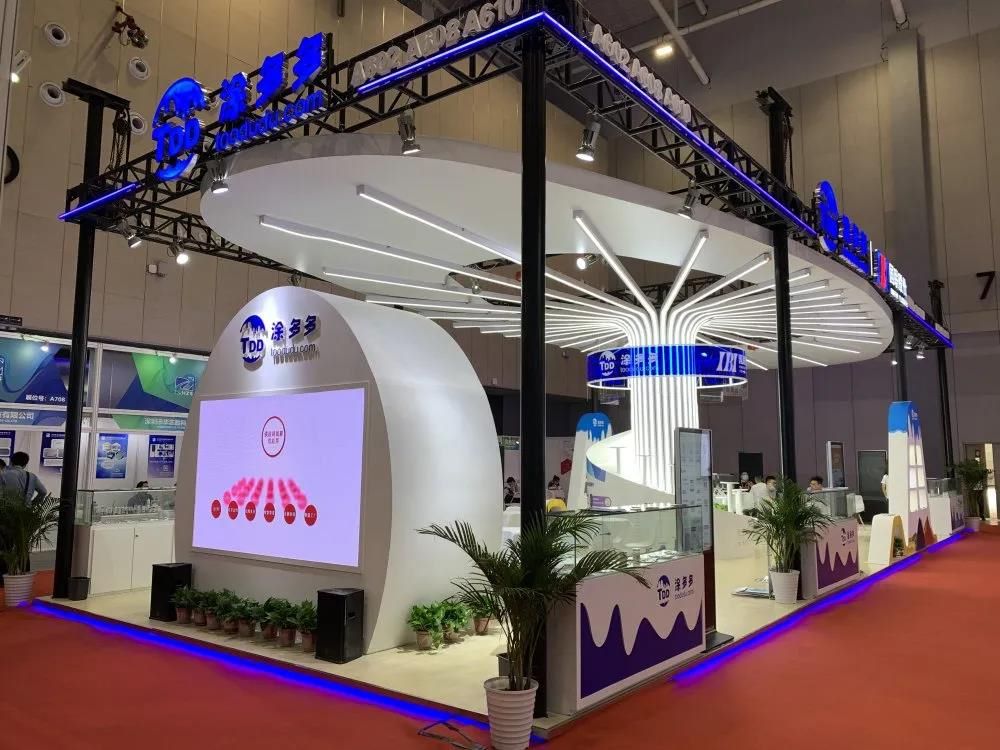SPS: Auto High - Perf Material
The automotive industry is now trying to make cars lighter, better performing, and more environmentally friendly. To achieve these goals, it is particularly important to find new materials that are easy to use.
Syndiotactic polystyrene (SPS) is such a new material, which belongs to engineering thermoplastic materials. Because of its regular molecular arrangement, high melting point, and excellent performance in all aspects, it is very useful in automobile manufacturing.
The key to the good performance of SPS lies in its crystal structure. The molecular arrangement of ordinary polystyrene is relatively random, but the molecular chains of SPS are arranged very neatly, just like soldiers in a line.
This neat arrangement allows SPS to form a particularly tight and regular crystal structure when crystallizing. The more regular and compact the crystal, the better the hardness and toughness of the material, and it is not easy to deform.
During the use of automobiles, various complex situations will be encountered, and parts often have to withstand pressure and vibration.
Because of the stable crystal structure, the parts made by SPS can remain intact for a long time and are not easy to deform and damage, which can reduce the probability of automobile failure and make driving safer and more reliable.
For example, in the engine compartment of a car, the temperature is sometimes high and sometimes low, and it keeps shaking. The intake manifold and sensor housing made of SPS will not change in size or weaken in strength, ensuring the normal operation of the engine.
High melting point is another significant advantage of SPS. The melting point of SPS is as high as about 270℃, which is far higher than many traditional engineering plastics.
This feature enables it to work stably in high temperature environments without softening, deforming or even melting. A car engine generates a lot of heat during operation, and the surrounding parts need to have good heat resistance. The high melting point of SPS allows it to be used to manufacture various parts under the engine cover, such as cooling fans and radiator grilles.
These parts can maintain their strength and shape in high temperature environments, effectively ensuring the heat dissipation effect and normal operation of the engine. In addition, in the exhaust system of the car, the high temperature of the exhaust gas also puts strict requirements on the material.
With its high melting point characteristics, SPS is expected to become an ideal material for manufacturing parts such as exhaust manifold heat shields, which can not only withstand high temperatures, but also reduce weight and improve the fuel economy of the car.
SPS can be widely used in automobiles. In addition to its crystalline structure and high melting point, it has other powerful properties. First of all, SPS is particularly "durable" and has strong chemical stability. Liquids such as gasoline, lubricating oil, and coolant in cars will not easily corrode it.
The fuel tank, oil circuit, and seals around the engine in our car can be made of SPS materials, which can be used longer, not easy to leak oil, and safer to drive.
In addition, SPS's "anti-leakage" ability is also excellent. Nowadays, there are more and more electronic devices in cars, and parts such as connectors and switch shells require insulating materials. SPS has particularly good electrical insulation performance, which can effectively prevent circuit short circuits, ensure the normal operation of electronic equipment in the car, and avoid malfunctions.
Moreover, SPS has many practical advantages. It is particularly convenient to process and the cost is not high. Common plastic processing methods such as injection molding and extrusion can easily handle it. No matter how complex the shape of the auto parts is, SPS can be quickly produced, which not only reduces the difficulty of production, but also saves a lot of money.
Another key point is that SPS is much lighter than metal materials. Using it to make auto parts can significantly reduce the weight of the entire vehicle. In this way, the car is more fuel-efficient and produces less exhaust gas, which is in line with the general trend of energy conservation and emission reduction in the automotive industry.
Now the automotive industry is rushing towards intelligence, electrification, and lightweight, and the performance requirements of materials are getting higher and higher.
Syndiotactic polystyrene (SPS) has unlimited potential in the automotive field because of its unique crystal structure, ultra-high melting point, and a bunch of super-powerful properties. In the future, our research on SPS will become more and more in-depth, and the technology will become more and more advanced.
I dare say that SPS will definitely become more and more important in automobile manufacturing, bringing new development momentum to the entire automotive industry.











